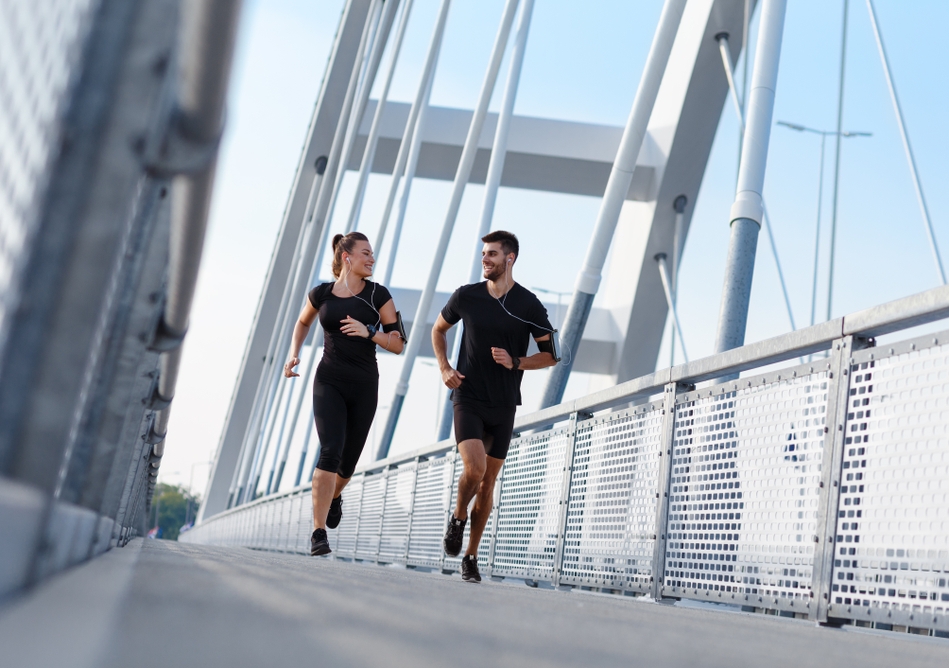Australian health and transport experts call for space for safer walking and cycling
We need urgent measures to support safe walking, cycling and social distancing during the COVID-19 pandemic, Australian experts say.
We need urgent measures to support safe walking, cycling and social distancing during the COVID-19 pandemic, Australian experts say.

Australian doctors, nurses, health and transport experts – including a range of UNSW academics – are today calling on decision-makers to enact urgent measures to support safe walking, cycling and social distancing during the COVID-19 pandemic.
The Australian government has recognised the importance of remaining physically active during the COVID-19 pandemic, and has listed exercise as one of four essential activities. As a result, many Australians have been getting active across the country by walking and cycling, but many areas lack sufficient space required to maintain critical physical separation.
Dr Ben Beck, from the School of Public Health and Preventive Medicine at Monash University, is leading the call from doctors, nurses, health and transport experts and is concerned for safety as our paths and cycleways are inadequate to handle the physical activity requirement during this crisis.
“Physical activity is fundamentally important for mental and physical health, particularly during the COVID-19 pandemic,” Dr Beck says.
“However, the current pandemic has demonstrated that the space we give to people walking and cycling on our streets is inadequate, especially given the need for physical distancing.
“In order to provide safe physical activity and social distancing for adults and children to exercise and move about their neighbourhoods, we need decision-makers to enable rapid roll-out of social distancing infrastructure to support walking and cycling.
“We have seen numerous examples across the world of governments introducing reduced speed limits, widened footpaths, emergency cycle lanes and the closure of roads. As yet, we have not seen a similar response in Australia, and we need to act now,” he says.
Experts also note that safe cycling and walking will be imperative in reactivating our economy when social distancing measures are relaxed, enabling people to travel to work and school using transport modes that are both safe and healthy.
Professor Rebecca Ivers, Head of UNSW Medicine's School of Public Health and Community Medicine, has a special interest in health and transport.
“Not only do we need Australians to stay active and healthy, we need to consider how they can continue to do this safely during an extended period of physical isolation,” she says.
“Keeping active now and as we begin to get back on our feet is hugely important for our mental and physical well-being.
“The continued crowding in popular walking spots could be addressed with simple, temporary changes where we all live,” Professor Ivers says.
The letter calling on decision-makers to take urgent steps to enhance walking and cycling during the pandemic is being sent today to all state and territory transport ministers and co-signed by 100 Australian experts.
In addition to academics from universities across Australia, support is also provided by individuals from the Heart Foundation, Public Health Association of Australia, the Australasian College for Emergency Medicine, the Australasian College of Road Safety, the Royal Australasian College of Surgeons Trauma Committee, Kidsafe, the Australasian Injury Prevention Network and The Committee for Sydney.
Other UNSW signatories include: